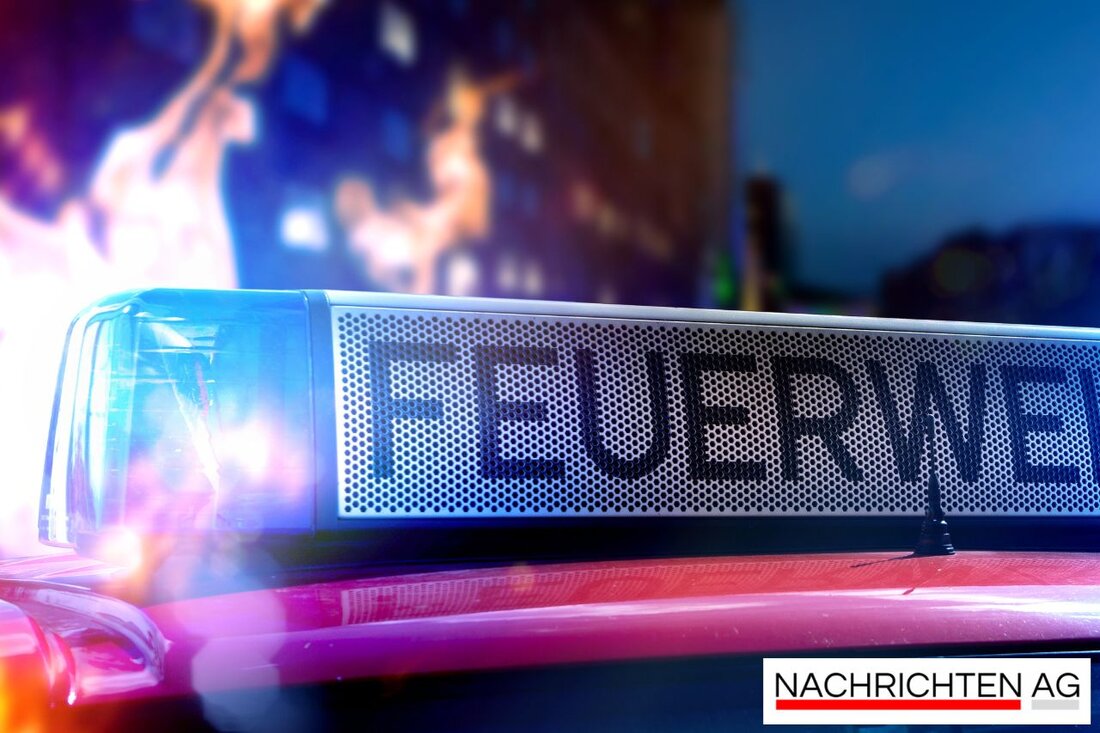New spelling board: A step against the dark past!
On October 28, 2025, the new spelling board will be presented, which eliminates historical inequalities and addresses anti-Semitic roots.

New spelling board: A step against the dark past!
Something is happening in the world of spelling boards in Germany. On October 28, 2025, it's time to take a look at the changes that have taken place since the introduction of the new spelling board in May 2022. The German Institute for Standardization has made a clear statement here and has also made a bitter historical reckoning. This reform was more than just a cosmetic improvement; it was a necessary step to clear up the burdened past of the old spelling board, which was changed during the Nazi era. The old method was characterized by anti-Semitic interventions, and many of the first names used were politically motivated and had nothing to do with fair gender representation.
The new spelling board, which now uses German city names, replaces names like “Anton” with “A for Aachen”. This change should not only distance ourselves from historical pressures, but also fit into modern times. The selection of city names is also based on well-known vehicle license plates, which is of practical use. Dr. Michael Blume, anti-Semitism commissioner in Baden-Württemberg, actively campaigned for this reform. The new table is intended to break with a contemporary system and leave the old, outdated traditions behind.
Resistance and acceptance problems
But not everyone is happy about the reform. Despite the efforts, there are still many people who prefer the old spelling board. Institutions such as the police and fire departments often stick to their tried and tested systems, which makes it difficult for the new rules to be widely accepted. Many companies also shy away from the change because they find the effort too great. This is particularly unfortunate since international standards, such as the NATO alphabet, use clear and understandable terms to avoid misunderstandings.
A large part of the debate revolves around the historical dimension of the spelling board. Since 1933, the National Socialists had removed all German-Jewish first names from the board. The reformed names were not only intended to deal with the past, but also to bring about a symbolic restoration of the Weimar spelling board. It was high time to question the use of such names and introduce a new, inclusive system.
A look into the future
The new spelling board has the potential to change the perception of history and identity in German society. It remains to be seen how people react to the reformed names and whether the board will actually be permanently integrated into everyday life. A digital hearing procedure could result in a broad discussion that also includes the opinions of citizens. The goal is not just a technical change, but also a social confrontation with its own history.
This reform is one step in a complex and challenging process that shows: language and writing are more than just means of communication - they are also carriers of our culture and our collective memory.

 Suche
Suche
 Mein Konto
Mein Konto